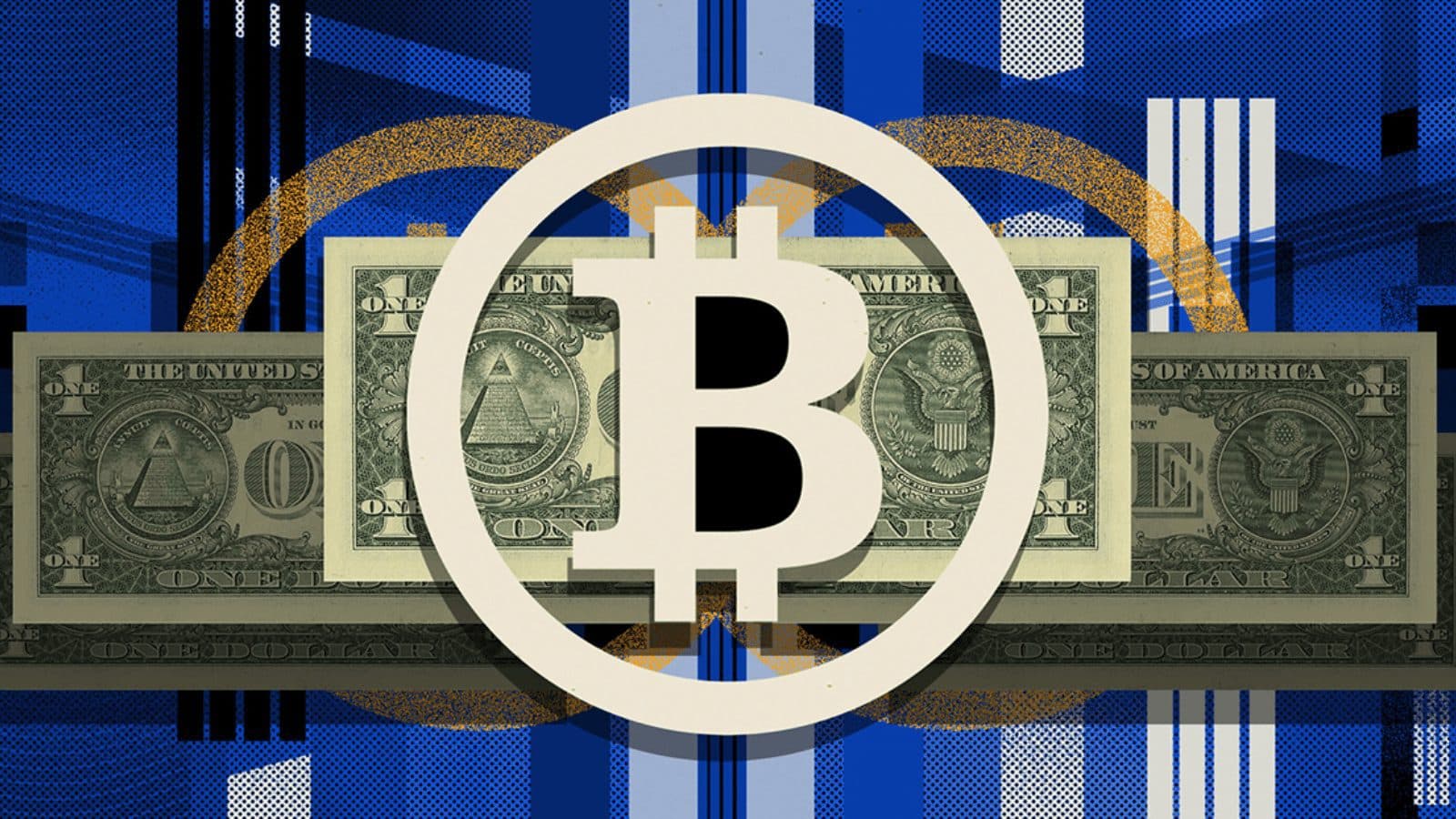Bitcoin, Risk Assets Falter Even as US GDP Rises
As analysts expect a slower year of growth in 2022, rising inflation pushes investors to take off risk

Blockworks exclusive art by axel rangel
- Economists warn 2022 will not see the same economic growth as 2021
- US GDP increased at a 7% annualized rate in the fourth quarter
Though the US economy grew slightly faster in 2021 than previously estimated, the surge has not spilled over into 2022 as risk assets, including cryptocurrencies, have faltered.
The uncertainty, coupled with rising concerns over conflict in Eastern Europe, has sent risk assets into a spiral.
“As far as the dollar goes, it is showing itself as the safe haven that it is,” Steve Van Metre, founder of Steve Van Metre Financial, said. “Whereas bitcoin is not a safe haven, which is why it is showing signs of weakness against the dollar and is likely to decline further should the dollar continue to rally.”
Updated figures released Thursday show US gross domestic product increased at a 7% annualized rate during the last quarter of 2021, a slight increase from the 6.9% annualized rate reported in January.
“The GDP numbers are the second revision and reflect massive amounts of fiscal and monetary stimulus,” Van Metre said. “What matters now is going forward.”
The Atlanta Federal Reserve’s GDPNow model, an algorithmic assessment of domestic growth based on economic reports, predicts the economy will grow 1.3% this quarter. Human economists have a rosier outlook, calling for a 2% bump.
While growth may be on the rise, inflation persists. The consumer price index rose 0.6% in January, bumping the year-over-year figure to 7.5% — the quickest rise in four decades. It could mark a sign of a pending economic slowdown, some analysts say.
“There have been eight recessions in the United States over the last 60 years, and in every case, inflation declined noticeably,” said Nicholas Colas, co-founder of DataTrek Research. “US inflation has never declined from +5 percent back to the Fed’s target of 2 percent without a recession. Since CPI inflation is currently 7.5 percent, that’s an important, if unwelcomed, fact.”
Deflationary periods typically occur in tandem with sudden drops in energy prices, though that’s not happening now, Colas added.
”We are sure every Fed economist and [Federal Open Market Committee] member, including Chair Powell, knows this historical relationship between recessions and inflation,” Colas said. “They would very much like to avoid the former even as they bring the latter under control. The trouble is there is no playbook for that outcome.”
Get the news in your inbox. Explore Blockworks newsletters:
- The Breakdown: Decoding crypto and the markets. Daily.
- 0xResearch: Alpha in your inbox. Think like an analyst.






